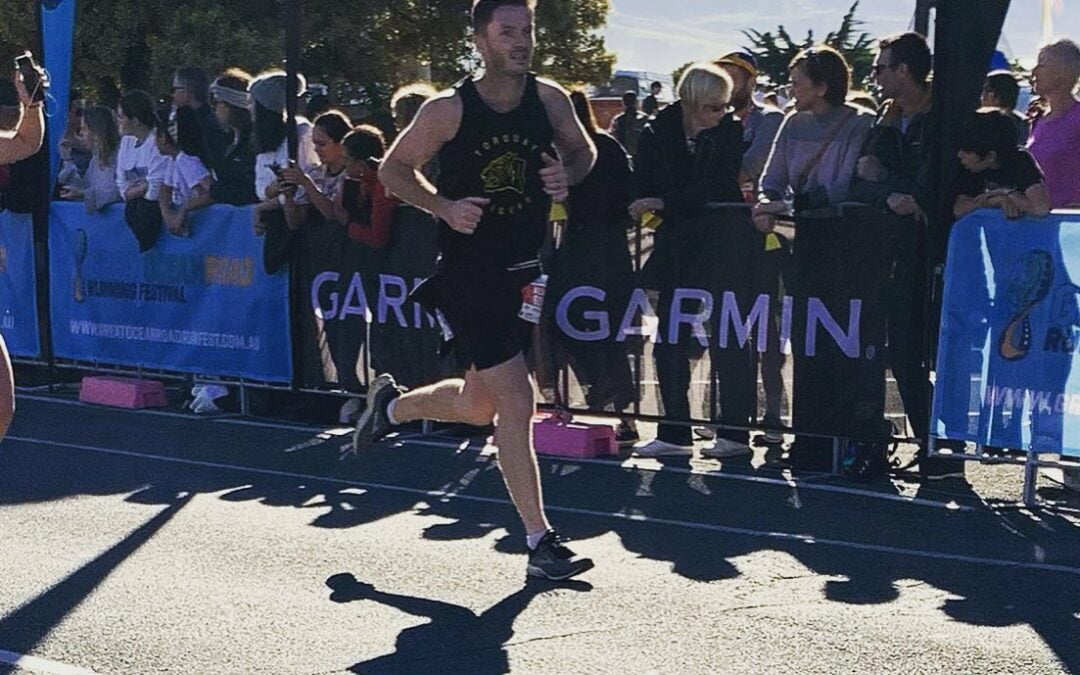Firstly, post workout soreness (also known as “DOMS”) is different to actual injury. We tend to feel generalised or localised pain in a particular body area the day after we have exercised heavily (eg. After a running event or a hard session in the gym). It is completely normal and a sign you are overloading your body. It is crucial to do the right things to allow your body to fully recover before your next session!
My top 4 tips to managing post workout soreness:
1. Gentle movement
Gentle movement helps to stretch out your muscles, ligaments and tendons and restore nutrients to joints to fastrack recovery. This might be an easy walk at lunch or in the morning, a swim or even a crusiey bike ride or yoga. Just keep the intensity down.
2. Hydrate!
Hydration is so important I thought about including it twice in this list. The onset of muscle soreness has been linked to dehydration, so, hydrating can help prevent this occurring. Hydrating will also help to turn over your metabolic system and flush out the waste products of exercise.
3. Prioritise eating post workout
Eating, especially proteins, is important as these form the basic building blocks for muscle repair and recovery/hypertrophy. While a post-workout protein shake is a great start, make sure most meals include some source of protein. As a general rule, you should intake 1.4g – 2g protein per kg of body weight daily. For a 65kg person thats 130g daily. The F45 Meal Plan has been specially designed to cater for protein intake needs.
4. Stretch, Roll, Heat, repeat!
Gentle stretching, foam rolling should follow every workout. Don’t have time in the studio? That’s ok – make time at lunch, night or in the morning. Don’t skip it!
Heat is another fantastic way to make our bodies feel great, but also help to increase blood flow, metabolism and removal of waste products. A warm bath, spa, sauna or even a simple heat pack can be great places to start. Just a word of warming, make sure you pay extra attention to your fluids if you spend time in the spa, sauna and bath!
So, they’re my top tips. I’d love to hear yours!
Andy Allan is a Senior Physiotherapist at Torquay Sports Medicine Centre.
[email protected]
